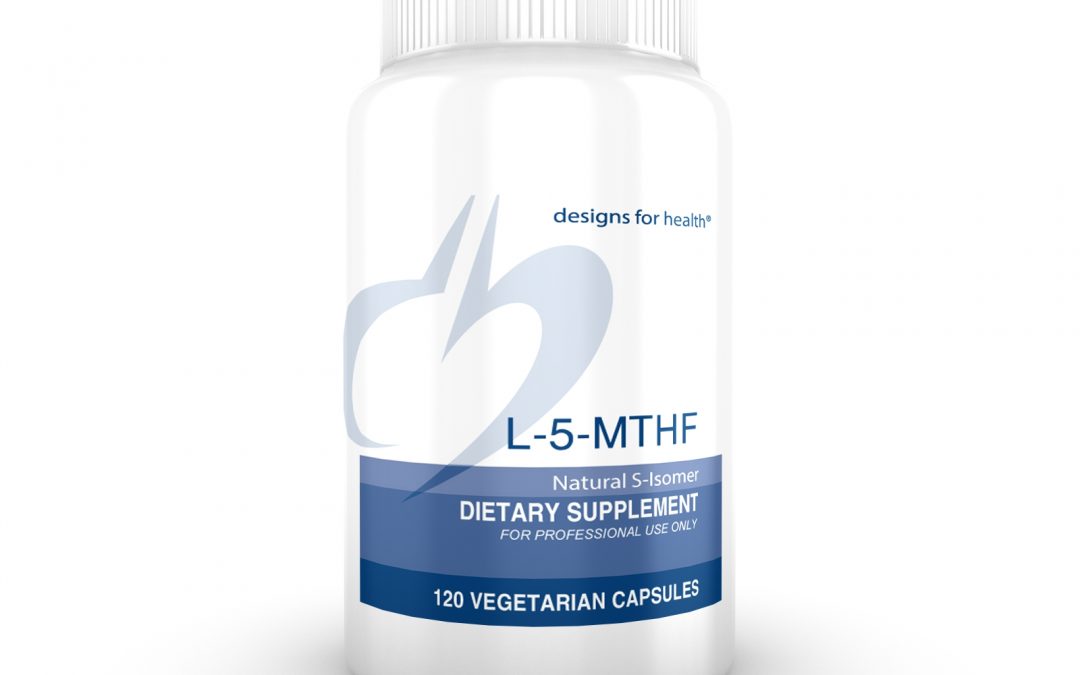I am always trying to play the devil’s advocate with supplement use.
AKA how can we take them away and replace them with real food items.
Instead of taking magnesium can we face palm cocoa powder? Should we always walk around with Brazil nuts and pistachios jingling around in our pockets?
The truth of the matter is sometimes this is impossible for various reasons:
1) People won’t consume the food in adequate amounts because of personal preference.
2) It is just not feasible to consume the quantity needed from food alone.
3) Our soil is depleted and thus our food supply is too weak to get the job done. I have posted about this previously and Dr. Terry Wahls has some great graphics on the downward micronutrient trends in our food supply.
Thus, let’s go through examples of the first two. Someone abhors fish or oysters or organ meats or anything green. You can tell them they need to eat these items, but they just can’t.do.it. Maybe it’s the texture, maybe it’s the taste, maybe it’s the time it takes to prepare, maybe it’s the ingrained cultural taboo. Ick. Eww. All that doesn’t matter. What matters is what the person will do long-term. Furthermore, I have to be realistic and can’t honestly think that a 19 year old female college student is going to be eating liverwurst tacos. If I think that shame on me, not her.
Second, it may be impossible to meet the quantity needed through food alone. Folate is probably the easiest example here. Most of my clients feel best between 1 and 4 to 5 mg of 5-methyltetrahydrofolate per day. Remember methylation support is variable on need. A cup of raw spinach has 58mcg of dietary folate. That means if you are compound heterozygous for MTHFR you need at least 57.5 cups of raw spinach to get 1mg of activated methylfolate. Not gonna happen. Now could we work on decreasing need by working on reducing stress, and adding in other supplements and foods that reduce methylation need? Absolutely, but maybe that gets them down to needing 32 cups of spinach. You get the point.
In the end, look at your supplementation as a tool. Understand why you are taking everything you take and then focus on what you need to do long-term. And if you are anti-supplements because you want to be one with nature or supplements just aren’t paleo. That’s about as ludicrous as hating barbells, memory foam pillows, or air conditioning.
Here is a quote from the Journal of the American Medical Association. One of the last groups we would expect to recommend vitamin supplementation.
“It appears prudent for all adults to take vitamin supplements.”
Fletcher RH, Fairfield KM. Vitamins for chronic disease prevention in adults: clinical applications. JAMA. Jun 19 2002;287(23):3127-3129



Recent Comments